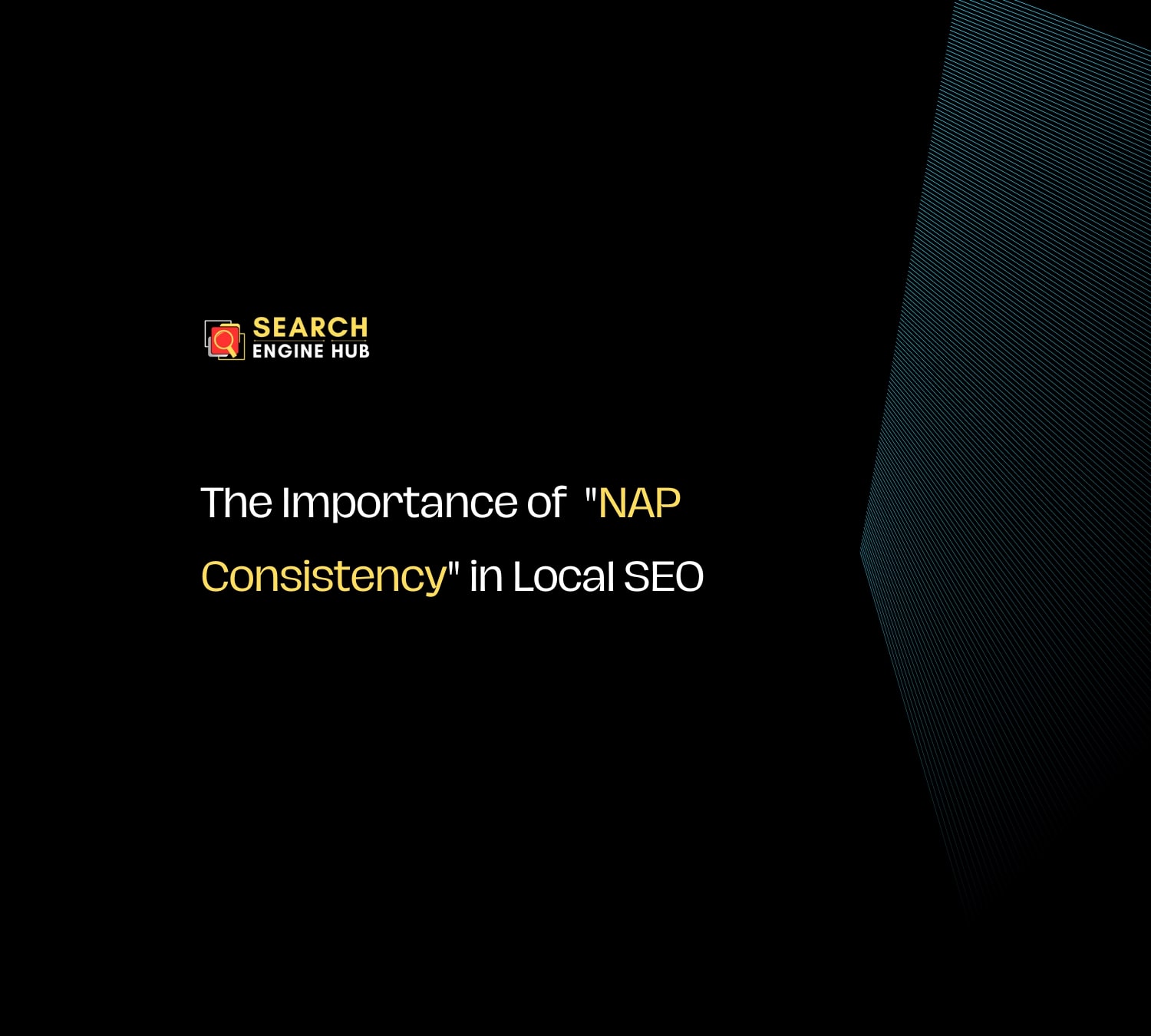Structured data is a valuable tool for local businesses aiming to enhance their online presence. By implementing structured data, you help search engines understand your website’s content more accurately, which can lead to richer and more visible search results, such as local business listings or featured snippets.
From our experience working with local businesses, we’ve seen how properly implemented structured data can increase visibility in search results and make it easier for customers to find relevant information, like business hours, addresses, and reviews. This not only improves your SEO but also builds trust with potential customers who see clear, reliable details about your business.
In this guide, we’ll explain how using structured data can boost your local search visibility and offer practical steps to get started, ensuring that your business stands out to both search engines and customers.
Structured Data Types for Local Businesses
Local businesses can utilize various data types to enhance their visibility in search results. These types help search engines accurately interpret and display information about your business.
1. LocalBusiness Markup
This type enables you to provide essential details like your business name, address, phone number, and operating hours. Proper implementation can help your business appear in local search results, including Google’s local pack.
2. Organization Markup
Similar to LocalBusiness but more comprehensive, this type applies to any business or organization. It includes information such as the legal name, logo, and contact details, helping establish your business’s credibility online.
3. Place Markup
This type is beneficial for businesses with physical locations, assisting search engines in understanding the geographical location of your business, which is important for location-based searches.
4. Product and Offer Markup
For businesses selling products, this type allows you to provide detailed information about your offerings, such as price, availability, and customer reviews, making your listings more appealing in search results.
How Structured Data Improves Local Search Results
The organization of your business information on your website significantly impacts how it appears in search results. When search engines can easily interpret this information, they can display rich results that stand out more than standard text links.
- Structured data can turn your search result into a rich snippet, showing extra details like your business’s ratings, hours, or event information. These improved listings are more likely to get clicks, bringing more visitors to your website.
- The local pack is the box that appears at the top of Google’s search results when someone searches for local services.
- It helps populate Knowledge Panels that appear on the right side of the search results page, providing accurate and detailed summaries of your business.
Best Practices for Implementing Structured Data
- JSON-LD is the recommended format for adding data to your site. It’s easy to set up, simple to maintain, and works with all major search engines.
- Ensure that all the information you include is accurate and current. Outdated or incorrect information can confuse search engines and users alike.
- Focus on the essential details that will help users find your business.
- After setting up the data, use Google’s structured data testing tools to make sure everything is working. These tools help you spot and fix any problems.
Common Mistakes to Avoid with Structured Data
Implementing this data can improve your search results, but common mistakes can reduce its effectiveness. Here are important errors to avoid:
- Using the wrong type of schema can lead to confusion for search engines. Always choose the most relevant type to ensure your data is accurately interpreted.
- Providing partial or incomplete details can lead to poor search results. Make sure that all relevant fields, such as business name, address, and contact information, are fully completed.
- Failing to update when your business information changes can result in inaccurate or misleading search results. Regularly review and update your data to ensure it reflects your current business details.
- Adding too much or irrelevant data can reduce your site’s effectiveness. Focus on marking up only the most important content that will help users and search engines.
- Implementing without testing it can lead to errors that might go unnoticed.
Tools for Testing and Validating Structured Data
Testing and validation are important to make sure your data is set up correctly and recognized by search engines.
You can see how your data will appear in Google’s search results by using the Rich Results Test. This tool checks if your site is eligible for rich results and gives you a preview of how your listings will look.
To ensure your schema is up to standard, you can use the Schema Markup Validator. This tool is great for verifying that your data is correctly implemented and meets all necessary guidelines.
The Future of Structured Data in Local Search
Structured data is becoming increasingly important in local search. As search engines refine the way they present information, businesses that integrate structured data into their websites gain a clear advantage—improving visibility, driving more traffic, and attracting customers who are ready to engage.
For local businesses, staying on top of structured data practices and keeping your site consistently optimized is essential for ongoing success. If you’re serious about enhancing your local search performance, our SEO Monthly Plan offers tailored support to keep your site optimized and ensure your business stands out in local search results.




